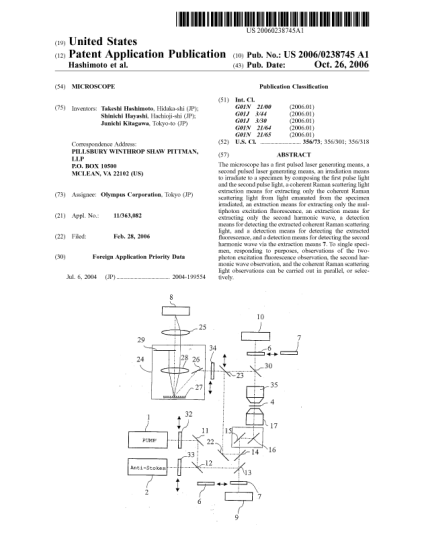Don't be evil | Opinion | uatrav.com
“Don’t be evil.” This succinct proclamation etched into Google’s code of conduct since its initial public offering in 2004, carried a weight as profound as its brevity. Google understood its immense power as a transmitter of global communication, a beacon of technological progress and a shaper of democratic discourse. This motto was a pledge to use that power for the common good, even at the cost of short-term profits.
The Evolution of Google's Ethical Stance
However, in 2018, Google quietly removed this guiding principle from its code of conduct. Fast forward nearly seven years, and Alphabet, Google’s parent company, has lifted its long-standing ban on using artificial intelligence to develop weapons and surveillance tools.
The Intersection of Technology and Politics
Alphabet’s CEO Sundar Pichai stood alongside Meta’s Mark Zuckerberg, Apple’s Tim Cook, Amazon’s Jeff Bezos and X’s Elon Musk during Donald Trump’s inauguration – a symbolic alignment that signaled how this shift in political power could reap immense benefits to their corporate and personal interests. Unsurprisingly, many Americans voiced concerns about the emergence of a technological and media-centered oligarchy, especially considering these CEOs' affiliations with a president deeply entangled in business dealings.

The Ethical Dilemma
When Bishop Mariann Budde implored Trump to show mercy on those fearful of his authoritarian tendencies, the echoes of Google’s abandoned motto reverberated through the Canterbury Pulpit. Yet, Google has firmly chosen a path that contradicts its former sentiment, which now seems more of a plea than a proclamation.
The Rise of AI and Corporate Interests
Once a paragon of ethical tech, Google seems driven by self-interest more than ever. Following Trump’s executive actions targeting Diversity, Equity and Inclusion initiatives, Google announced it would remove observances like Black History Month, Indigenous Peoples’ Month, Jewish Heritage, Holocaust Remembrance Day and Hispanic Heritage from its international calendars. These actions underscore the Trump administration’s influence on the world’s largest tech company, raising accusations that the once “tech angel” is now complicit in steering the nation toward a constitutional crisis.
The Race for AI Dominance
The current right-leaning inclinations of Meta, X and Google appear less about genuine advocacy for free speech or a return to “manhood” than the plain reality of being performative displays to signal allegiance with Trump, seeking increased political influence even if this regresses these companies' ethical promises over the decades.

The Future of AI and Ethical Considerations
It’s no coincidence that the surge in AI investments from Meta, Google and X coincides with their alignment with such a controversial yet lucrative political figure. We are amid an AI arms race, and the potential financial rewards from advancing this technology are too tempting to ignore—even as the risks grow exponentially.
The Need for AI Regulation
These former champions of AI regulation have now discarded their caution, emboldened by Vice President JD Vance’s recent declaration at a recent AI summit in Paris, France that the AI revolution must not be hindered by “massive players looking to use the tech to censor or control users’ thoughts.”

The Implications of Unregulated AI
The absence of meaningful AI regulations in the U.S. is already evident. The Washington Post reports that Musk’s group is using AI to analyze sensitive government data to identify budget cuts. Meanwhile, Israel’s military has deployed AI to determine targets in Gaza, with Human Rights Watch finding that the digital tools employed often rely on faulty data and inexact approximations, leading to an exacerbation of a nation plundered by genocide and forced resettlement.




















